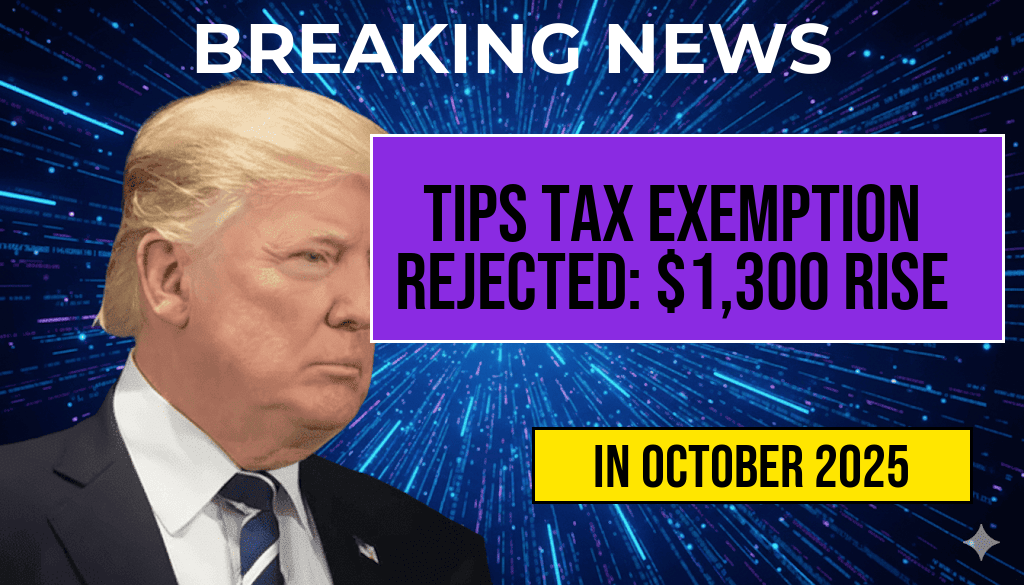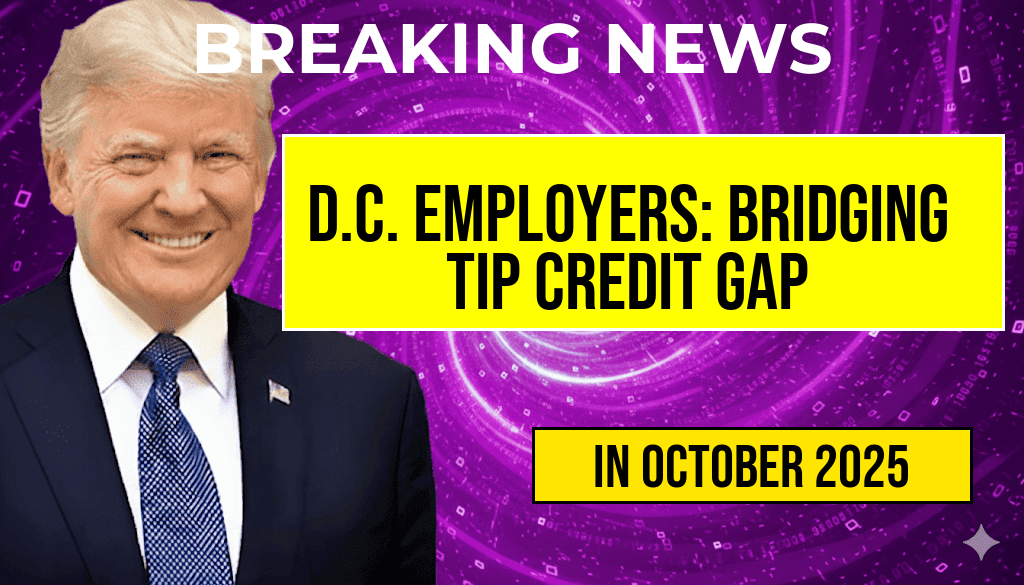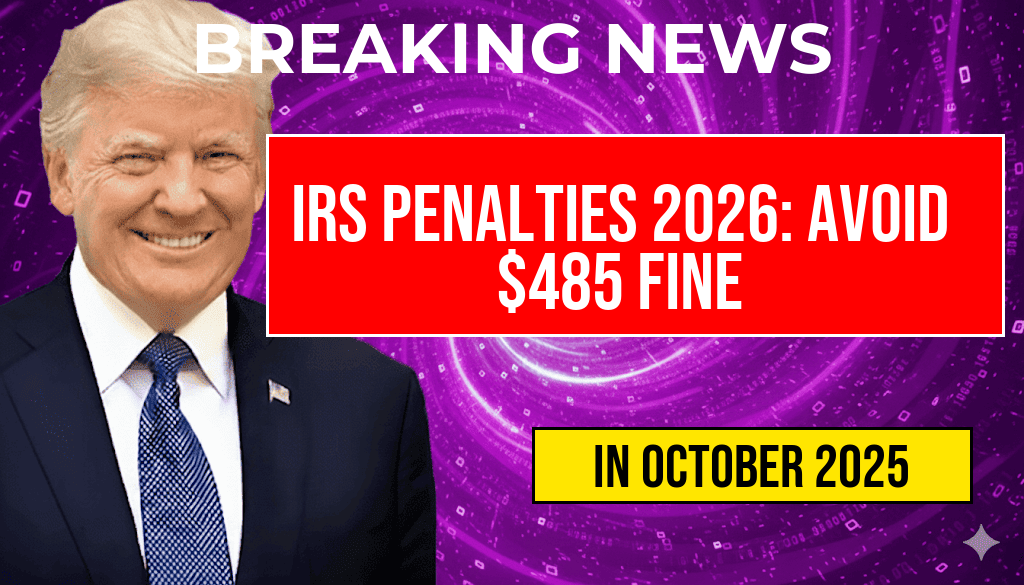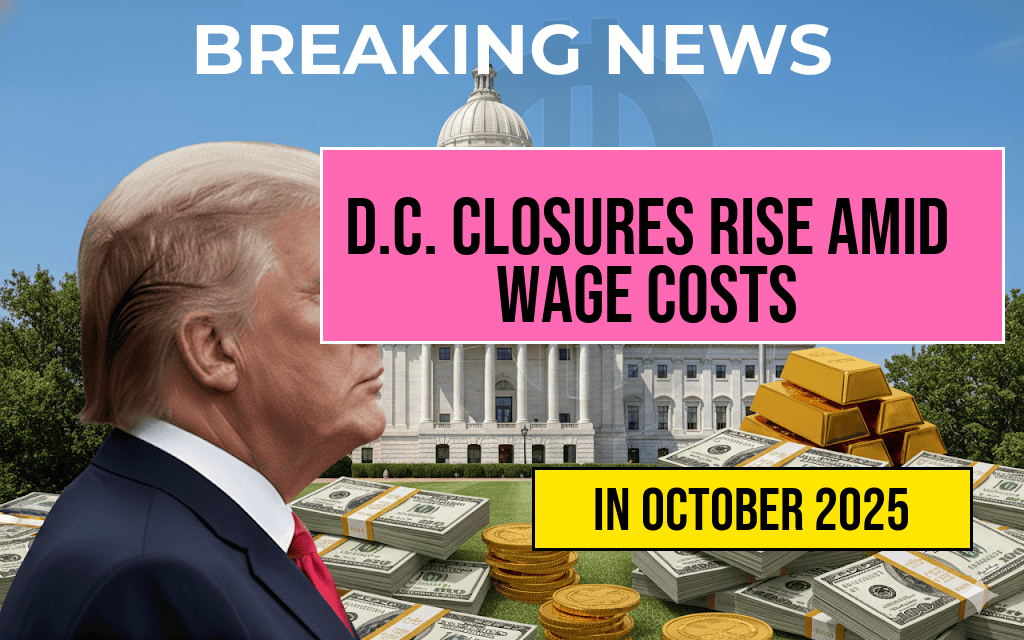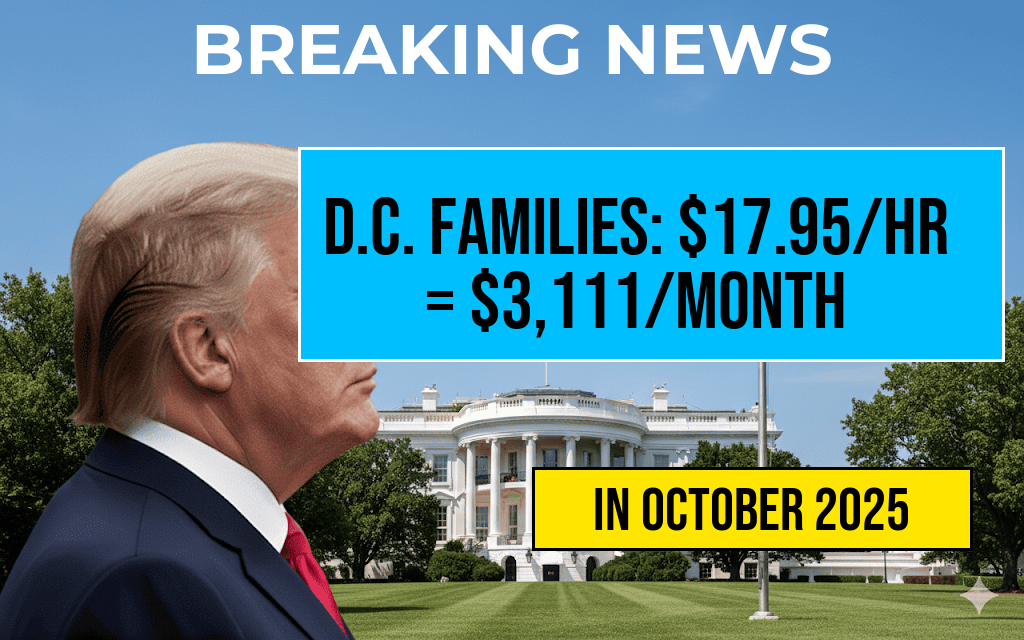Understanding the Gap Between Tip Credit and $17.95: What Employers in D.C. Must Cover to Bridge the ‘Zero’ Difference
Employers in Washington, D.C., are navigating complex wage regulations that directly impact their payroll practices, especially for tipped workers. A recent focus has been on the discrepancy between the mandatory tip credit and an established wage threshold of $17.95 per hour. This gap, often appearing as a “zero” difference, can create confusion over how much employers must contribute to ensure workers earn a fair, legal minimum. Essentially, while many establishments rely on tips to supplement wages, they are still responsible for covering the shortfall when tips don’t meet certain benchmarks mandated by local labor laws.
Understanding this nuanced regulation is crucial for D.C. employers to remain compliant and avoid penalties. The core issue stems from the interplay between the tip credit — a legal allowance that reduces the employer’s minimum wage obligation — and the city’s mandated minimum wage, which is currently set at $17.95 for large employers. When tips do not fully compensate for the difference, employers are expected to cover the gap, highlighting the importance of precise payroll calculations and clear communication with staff about wage expectations.
What Is the Tip Credit and How Is It Calculated?
Defining the Tip Credit
The tip credit is a legal provision allowing employers to pay tipped employees a lower direct wage, provided that their total earnings (wages plus tips) meet or exceed the applicable minimum wage. In D.C., this credit is designed to offset the employer’s obligation, encouraging restaurants, bars, and service-oriented businesses to attract skilled staff without burdening them with full minimum wage costs upfront.
Calculating the Wage Gap
For 2024, the minimum wage in Washington, D.C., stands at $17.95 for large employers, which includes those with 50 or more employees. Employers can credit up to a certain amount of tips towards this wage, but if tips fall short, the employer must make up the difference. The key calculation involves comparing the total wages (including tip credit) to the minimum threshold:
| Component | Amount |
|---|---|
| Base Wage (without tips) | $5.00 |
| Legal Tip Credit Allowed | $12.95 |
| Total Wages (Base + Tip Credit) | $17.95 |
| Actual Tips Earned | $10.00 |
| Required Employer Contribution (if tips < $12.95) | Difference between $12.95 and actual tips |
Whenever actual tips fall below the maximum tip credit allowed, employers must pay the remaining amount to ensure total earnings meet the $17.95 wage threshold. If tips surpass that amount, the employer’s contribution diminishes accordingly, sometimes reaching zero — hence the “zero” difference scenario.
Bridging the ‘Zero’ Difference: Employer Responsibilities in D.C.
When Tips Meet or Surpass the Threshold
In cases where tips are equal to or exceed the tip credit, employers are generally not required to supplement wages. For instance, if a tipped employee earns $12.95 in tips and the combined wages (including the base wage) reach $17.95, the employer’s obligation is considered fulfilled. This scenario creates the so-called “zero” difference, where no additional employer contribution is necessary.
When Tips Fall Short
Challenges arise when tips do not reach the maximum tip credit. In these situations, employers must cover the gap to ensure employees earn at least $17.95 per hour. For example, if an employee earns $8.00 in tips, the employer must pay an additional $9.95 per hour. This requirement often prompts businesses to reassess their tip policies and staff training to maximize tips or consider wage adjustments.
Legal Compliance and Best Practices
- Maintain meticulous records of tips received and wages paid.
- Communicate clearly with employees regarding tip policies and wage expectations.
- Regularly review payroll calculations to ensure compliance with D.C. labor laws.
- Consider implementing tip pooling strategies to boost overall earnings.
Implications for Employers and Workers
For Employers
Understanding the tip credit dynamics helps businesses avoid legal pitfalls. Miscalculations or neglecting to cover the wage gap can lead to fines, back wages, and reputational damage. Being proactive — such as training payroll staff and establishing transparent tip policies — ensures compliance and fosters trust with employees.
For Workers
Employees benefit from understanding their wage structure and the circumstances under which employers must contribute additional funds. This knowledge empowers workers to verify their paychecks and advocate for fair treatment, especially when tips fluctuate or are insufficient.
Resources and Further Reading
- Fair Labor Standards Act
- D.C. Department of Employment Services
- Forbes: Changes in Tip Pooling and Wage Laws
Frequently Asked Questions
What is the significance of the tip credit in Washington D.C.?
The tip credit allows employers to count a portion of employee tips toward meeting the minimum wage requirement, reducing their wage obligations. Understanding this helps employers ensure they are compliant with local wage laws.
How does the $17.95 figure relate to minimum wage requirements in D.C.?
The $17.95 represents the total amount employers need to cover to bridge the gap between tip earnings and the standard minimum wage. Employers must ensure their total compensation meets or exceeds this threshold.
What are employers in D.C. required to do to bridge the ‘Zero’ difference?
Employers must provide additional wages or benefits to cover the difference between employee tips and the minimum wage of $17.95, ensuring workers receive fair compensation regardless of tips.
Are there specific regulations that govern tip credits in D.C.?
Yes, the District of Columbia has specific labor laws that regulate how tip credits can be utilized, including limits on the amount that can be credited and the employer’s responsibilities to ensure fair wages.
What should employers do to ensure compliance with the minimum wage laws related to tips?
Employers should regularly review wage policies, accurately track tip earnings, and supplement tips when necessary to meet the $17.95 threshold, ensuring all wage requirements are satisfied.

